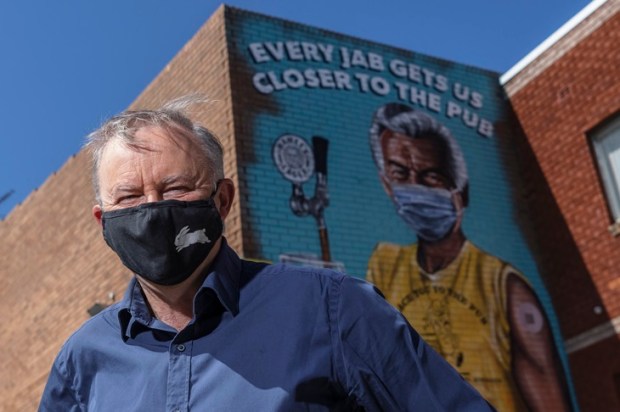Who’d have guessed that there would be two startling revelations about the great Covid over-reach in the space of about a week, upholding claims previously dismissed as conspiracy theories and misinformation?
First came a peer-reviewed scientific study which linked Covid vaccines to a range of serious health disorders. It was soon followed by the Queensland Supreme Court ruling that vaccine mandates imposed on police and ambulance workers in the state were unlawful.
Already a subscriber? Log in
Subscribe for just $2 a week
Try a month of The Spectator Australia absolutely free and without commitment. Not only that but – if you choose to continue – you’ll pay just $2 a week for your first year.
- Unlimited access to spectator.com.au and app
- The weekly edition on the Spectator Australia app
- Spectator podcasts and newsletters
- Full access to spectator.co.uk


























Comments
Don't miss out
Join the conversation with other Spectator Australia readers. Subscribe to leave a comment.
SUBSCRIBEAlready a subscriber? Log in